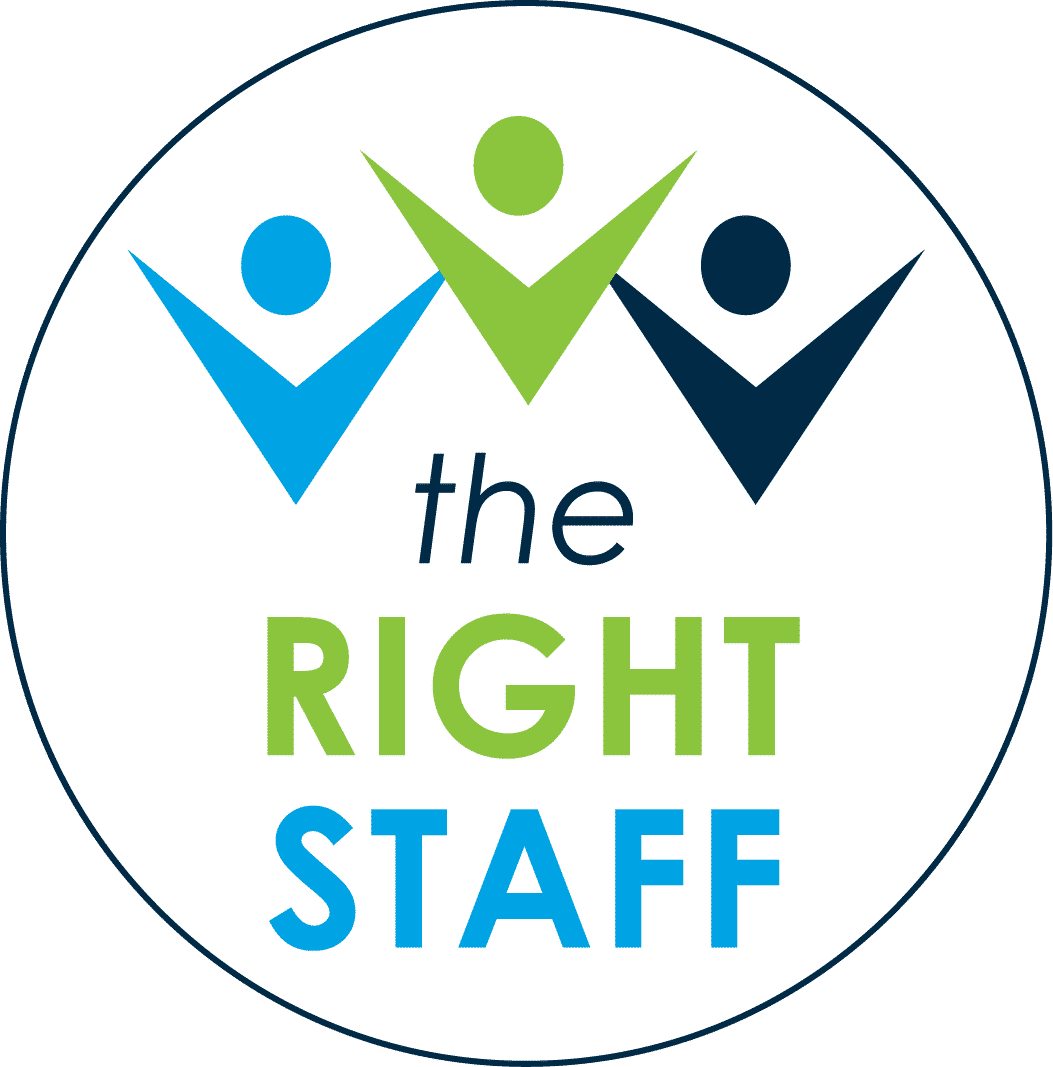
Skip the “oops” stage by brushing up on your skills before you interview candidates. Here are four ways to conduct better interviews:
Schedule “prep time” and use it well.
Then, before each interview, review the candidate’s application materials. Make notes about any questions you want to ask the candidate about her specific background or experience. If the application materials answer any of the interview questions, make a note – you can compare the candidate’s interview answers with their application, or use the time to ask follow-up questions.
Ask each candidate (most of) the same questions.
Start by creating a list of questions that fit the specific job posting. While you might deviate from these questions once or twice during the interview itself, make sure you ask most of the questions on the list to each candidate. This gives you a consistent basis on which to compare candidates to one another.
Ask open-ended and “behavioral” questions.
Open-ended questions are questions that can’t be answered simply “yes” or “no,” like “What do you like best about your current job?” or “Where do you see yourself in five years?” They let you listen to the candidate, allowing you to gauge their communication and interpersonal skills as well as the content of their answers.
Behavioral questions make the candidate describe how they behaved in the past. They’re often phrased as requests, as in “Tell us about a time you failed” or “Tell us how you launched your most recent project.” They give you a glimpse into how the candidate acted in the past, as well as their own ability to self-evaluate or self-regulate the consequences of past behavior.
Practice your own nonverbal communication.
Candidates practice looking more confident and comfortable as they speak. Match their preparation by practicing nonverbal communication that shows your interest in the candidate’s answers and your comfort and ease at having them there. An “open” body posture, leaning forward slightly, can demonstrate your interest in the candidate, helping them “open up” in their answers.
At THE RIGHT STAFF, LLC, our experienced recruiters can help you improve the quality of your candidate pool so you can focus on finding the right person for your company’s culture and goals in less time. Contact us today to learn more about our recruiting services in Wisconsin and Minnesota.



